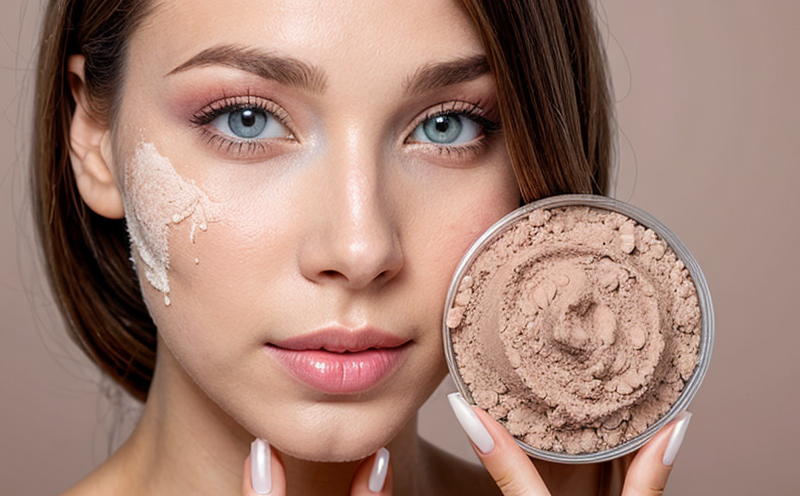Methylchloroisothiazolinone (MCI) Testing in Beauty Products
The use of preservatives is essential in ensuring the safety and shelf-life of beauty products. Among these, Methylchloroisothiazolinone (MCI), often used alongside Methylisothiazolinone (MIT), plays a critical role as a broad-spectrum preservative that inhibits microbial growth, particularly fungi and bacteria.
However, the presence of MCI in beauty products can pose potential risks if not adequately controlled. This is because it has been identified by the Cosmetic Ingredient Review (CIR) as a sensitizing agent, which means it may cause allergic reactions or irritations. Consequently, rigorous testing is necessary to ensure compliance with regulatory standards and safety for consumers.
Our laboratory specializes in providing comprehensive MCI testing services tailored specifically for beauty products. This includes thorough analysis using validated methods such as the European Standard EN 15308:2019, which sets out procedures for determining the concentration of preservatives in cosmetic products. Our team ensures that all tests are conducted with precision and accuracy to deliver reliable results.
The process begins by sampling a representative quantity from the product being tested. The sample is then prepared according to the specified guidelines outlined in EN 15308:2019, ensuring it accurately reflects the composition of the final product. Following preparation, we utilize advanced analytical techniques like High Performance Liquid Chromatography (HPLC) for precise quantification.
Once the analysis is complete, our skilled analysts interpret the data to determine if the MCI concentration falls within acceptable limits set by relevant regulations and industry standards. Compliance with these guidelines not only protects consumers but also ensures that manufacturers adhere to stringent quality control measures.
In conclusion, our MCI testing service offers peace of mind by guaranteeing that beauty products meet the highest safety standards. By partnering with us, you can ensure your formulations comply fully with current regulatory requirements while minimizing risks associated with potential allergens and sensitizers.
Scope and Methodology
The scope of our MCI testing service covers various aspects including sample preparation, instrumental analysis, data interpretation, and reporting. We adhere strictly to international standards such as EN 15308:2019 when conducting these tests.
- Sample Preparation: Representative samples are taken from the product under test following standardized procedures.
- Instrumental Analysis: Advanced techniques like HPLC are employed to measure MCI concentrations accurately.
- Data Interpretation: Our analysts carefully analyze results against established thresholds provided by regulatory bodies.
- Reporting: Comprehensive reports detailing findings and compliance status are delivered promptly.
This structured approach ensures that every aspect of the testing process is conducted rigorously, leading to dependable outcomes.
Industry Applications
- Skin care products: Ensuring long-term stability and safety.
- Hair care products: Maintaining freshness without compromising efficacy.
- Fragrance blends: Protecting against microbial spoilage during storage.
- Makeup bases: Guaranteeing consistent quality throughout the shelf life.
By integrating our MCI testing into your product development and production processes, you can enhance consumer trust while adhering to strict regulatory requirements.
Use Cases and Application Examples
- New Formulation Development: Early detection of potential sensitizers helps avoid costly delays later in the pipeline.
- Production Line Monitoring: Continuous monitoring ensures ongoing compliance with regulatory changes.
- Batch Release Testing: Verifying each batch meets required standards before release to market.
- Distribution Network Audit: Assessing stored products for potential contamination risks post-production.
These practical applications underscore the importance of incorporating our MCI testing service into your overall quality assurance strategy.





